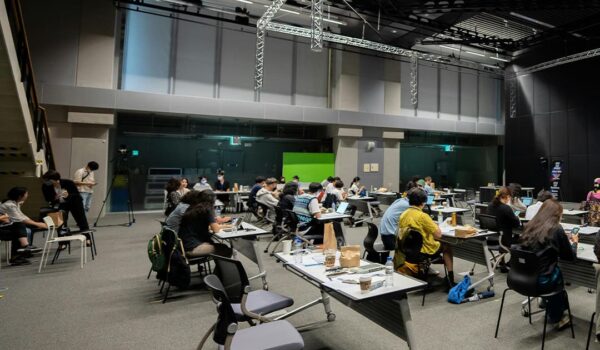Emigration is a complex and multilayered process that changes not only the lives of individuals but also entire communities. For people of Albanian descent who have emigrated to the United States, the move has been both a challenge and a new chapter full of opportunity. The Conference, dedicated to helping Albanians and other emigrants, provides important counseling and referral services to ease this transition and integration into a new society.
Why do people emigrate?
The reasons for emigration are varied. Many Albanians, like other nationalities, leave their homeland in search of a better life. The reasons may be economic hardship, political instability, or a desire for quality education. Some seek security and stability for their families, others seek professional opportunities and prospects that cannot be achieved at home.
Emigration always comes with expectations. A new country is often associated with the idea of the “American dream” where everyone has a chance to succeed. However, emigrants face various obstacles on the way to this dream.
Challenges of emigrants
Regardless of the reasons for emigration, any move comes with a number of challenges. Here are the main challenges faced by emigrants from Albania and other countries:
Language barrier. In the U.S., English is mandatory for successful adaptation. Emigrants who do not speak the language well often have difficulties in finding a job, in everyday life and in communicating with the authorities.
Legal and bureaucratic difficulties. The process of obtaining a visa, green card, or citizenship can be complicated and lengthy. Many immigrants face problems in dealing with immigration authorities and local laws.
Financial instability. Relocating to another country is costly, and emigrants often find themselves struggling to find work as soon as they arrive. Finding stable employment can be difficult, especially if professional qualifications require validation or adaptation to U.S. standards.
Social and cultural adaptation. Moving to a new society requires adapting to new traditions and norms. Maintaining one’s own cultural identity while integrating into American culture can be a challenge for many.
Family and emotional difficulties. Emigration is not only a physical relocation, but also a psychological stressor. Separation from family and friends, loneliness, and culture shock can have a serious impact on the emotional well-being of emigrants.
Support and Opportunities
Our conference aims to help persons of Albanian descent and other emigrants cope with these challenges and successfully integrate into American society. We offer a wide range of counseling and referral services to address the most pressing issues facing emigrants:
Legal Support. Specialists provide information on obtaining visas, green cards, citizenship and other legal issues related to legalization of status in the USA.
Language Courses. We offer resources for learning English to ease the adjustment process and increase your chances of employment.
Career counseling. Employment specialists help expatriates customize their resumes, gain the necessary qualifications, and find a job in their profession.
Psychological support and social integration. We understand how important emotional support is during the difficult period of adaptation. Counseling helps emigrants cope with feelings of loneliness, culture shock and stress.
Financial Literacy. We offer workshops on managing finances in the U.S., including questions about taxes, credit and mortgages.
Emigration is a major life-changing decision for an individual and their family. However, with the right support and information, emigrants can successfully adapt, realize their potential, and contribute to a new society while maintaining their unique cultural identity. Our conference provides the assistance and support needed to help individuals of Albanian descent and other emigrants on their journey to success in the United States.
Join us to get answers to important questions, share your experiences, and find new opportunities for yourself and your family.

